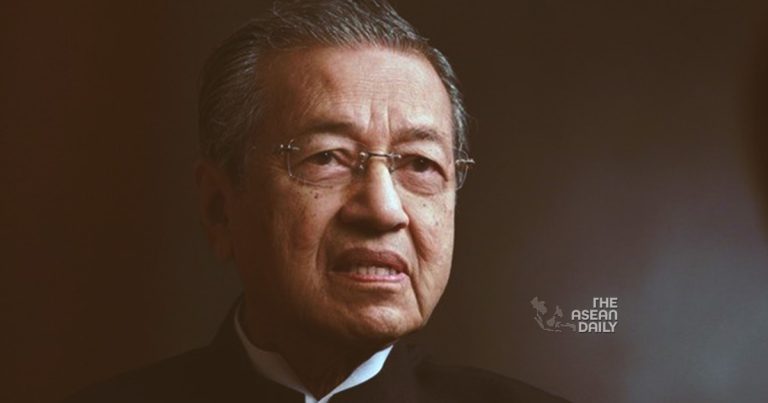30-12-2023 (KUALA LUMPUR) The recent seizure of tycoon Daim Zainuddin’s assets has fueled speculation that Malaysian authorities may next target former prime minister Mahathir Mohamad as part of a widening graft probe.
The high-profile move against Daim, an elder statesman under Mahathir’s past administration, saw the Malaysian Anti-Corruption Commission (MACC) confiscate his flagship Ilham Tower skyscraper last week.
Daim failed to cooperate with the MACC’s demand he declare his vast wealth. The agency is reportedly investigating an opaque 1990s deal between Renong and UEM, firms linked to Daim and Mahathir respectively.
Sources say Mahathir could become embroiled in the probe as investigators unravel the billion-ringgit transaction that occurred while both figures held immense influence.
The 97-year-old Mahathir helmed Malaysia for over two decades and was critical in nurturing the nexus between business and political interests. But with public frustration over elite corruption reaching new heights, his legacy risks coming under fresh scrutiny.
Observers note striking Daim was likely calculated to send a signal – no one is untouchable. The current government may ultimately care more about structural reforms than big-name prosecutions.
Yet if other pillars of the old establishment get implicated, it could pressure leaders to follow the evidence wherever it leads. Few codes of silence stay unbroken forever.
With ties fraying, even erstwhile allies like Daim and Mahathir may face incentives to point fingers preemptively. And the MACC answers chiefly to Parliament, not the executive, granting it latitude for bold action.
For Malaysia’s reformist prime minister Anwar Ibrahim, going after former mentors risks being painted as politically motivated. But leaving questions unanswered also undermines pledges to institute clean governance.
The seizure of Daim’s tower heralds dilemmas ahead if the MACC digs deeper into Malaysia’s nexus of money and power. Few expect the old guard to go down quietly. But the magnitude of public disgust over perceived double standards also hands the government space to chart a new course.




